Are Elmer’s Glue and Glue Sticks Compostable?
Are you an avid crafter or do you have kids who love their art projects? Do you wonder if the glue and glue sticks in your craft cabinet are compostable? Read on to find out.
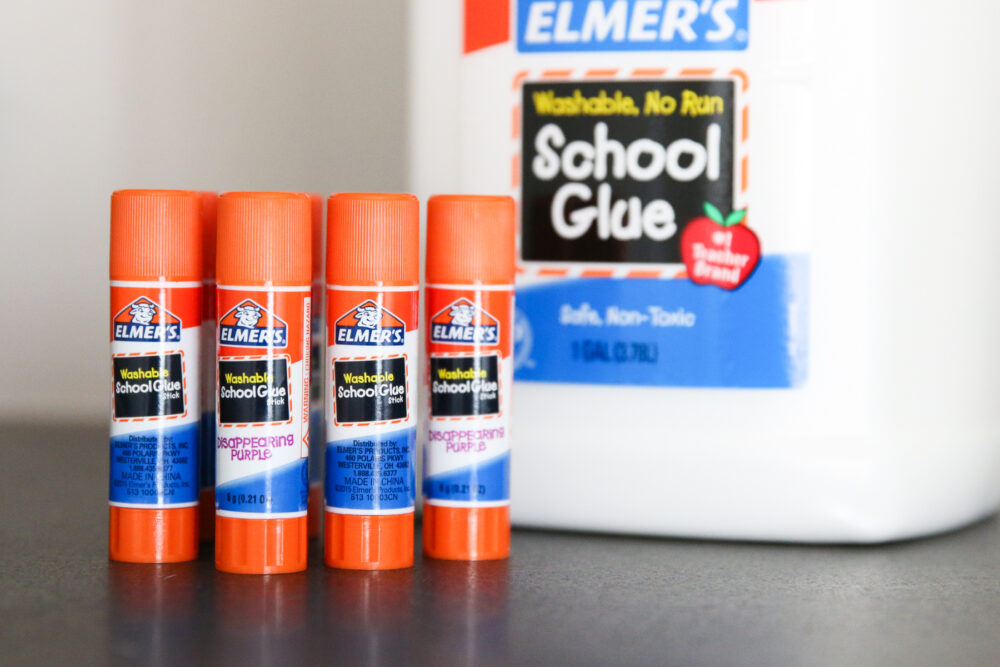
Last week, a very crafty and talented reader reached out to me to ask if the glue in glue sticks is compostable. As the mother of two young children, she was asking specifically about the traditional school glue sticks we hand over to our children for art projects and the like.
My initial thought was that they probably are compostable (the glue, not the plastic tube) because they’re marketed to be non-toxic. Surely if they are safe for kids to accidentally put in their mouths, they must be safe for composting microorganisms to eat, right?
I decided to do a little digging to get a better answer. Let’s dive in.
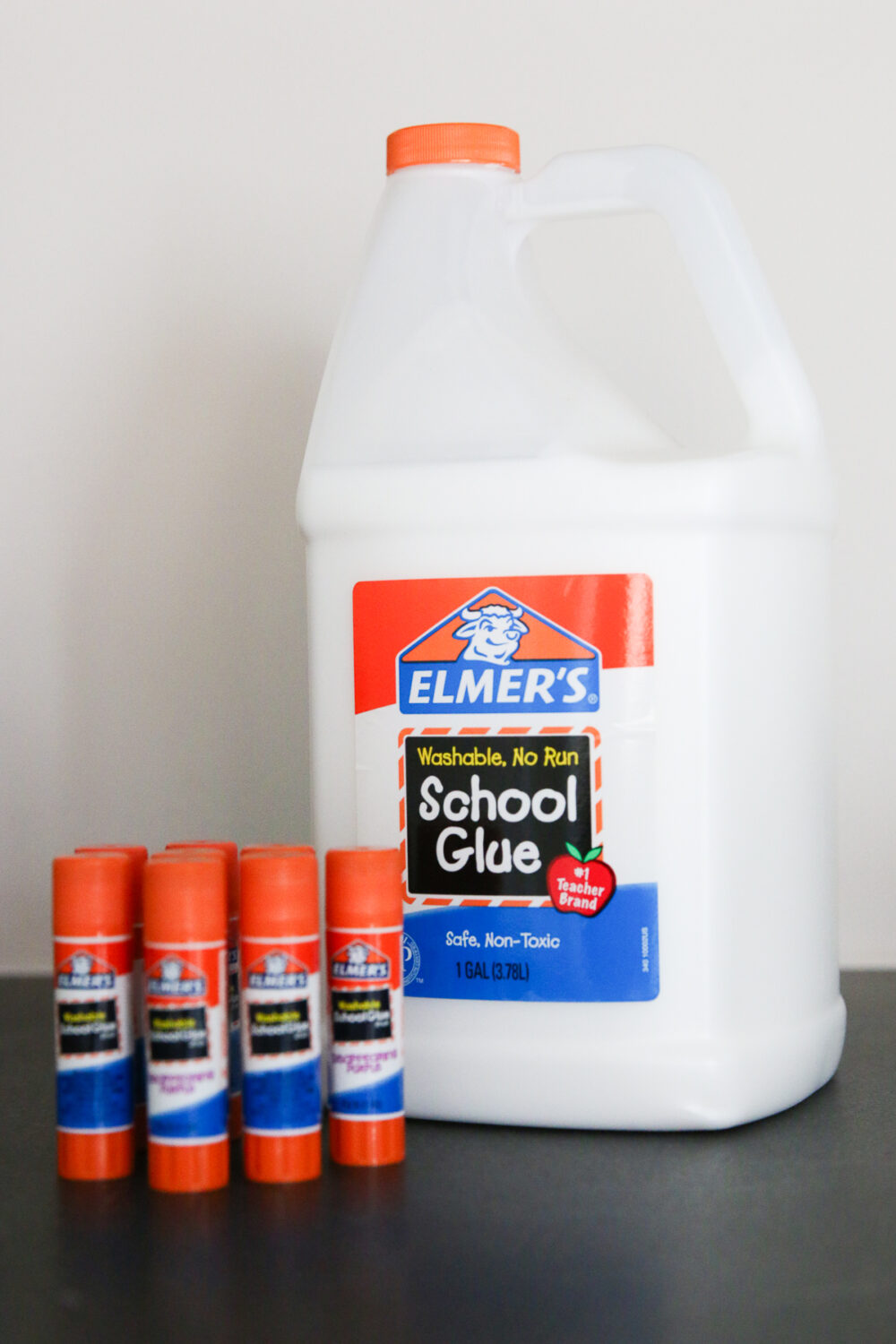
What does the company disclose about the compostability of their glue and glue sticks?
Glue and glue stick packaging and website disclosure
I checked the packaging and Elmer’s website for Elmer’s School Glue, Elmer’s Washable All Purpose School Glue Sticks, and Elmer’s Washable School Glue Sticks – Disappearing Purple in search of any certifications or indications that the products were compostable.
In order to claim to be compostable, a product must be tested by a third party (BPI in the United States). Then the brand can include a mark of that certification on the packaging and on its website product page. There are no indications that any of the products are marketed as compostable.
The liquid glue says it’s non-toxic. Neither glue stick package mentions non-toxic, though they do state they are great for kids. That the glue sticks don’t include non-toxic marketing leads me to believe they don’t fit that definition (otherwise the brand would want customers to know that given the target market for the product).
Although non-toxic doesn’t mean compostable, I thought it might support the conclusion that if it’s not harmful to kids, it’s probably not harmful to compost environments. But given the lack of disclosure, I don’t think that’s a reliable assumption.
Corporate customer service inquiry
Elmer’s Glue is owned by Newell Brands Inc., a large public company based in Atlanta, Georgia with almost $9.5 billion in annual review and $197 million in profit (according to their 2022 10-K, their audited financial statements issued to the public under regulations of the Securities and Exchange Commission).
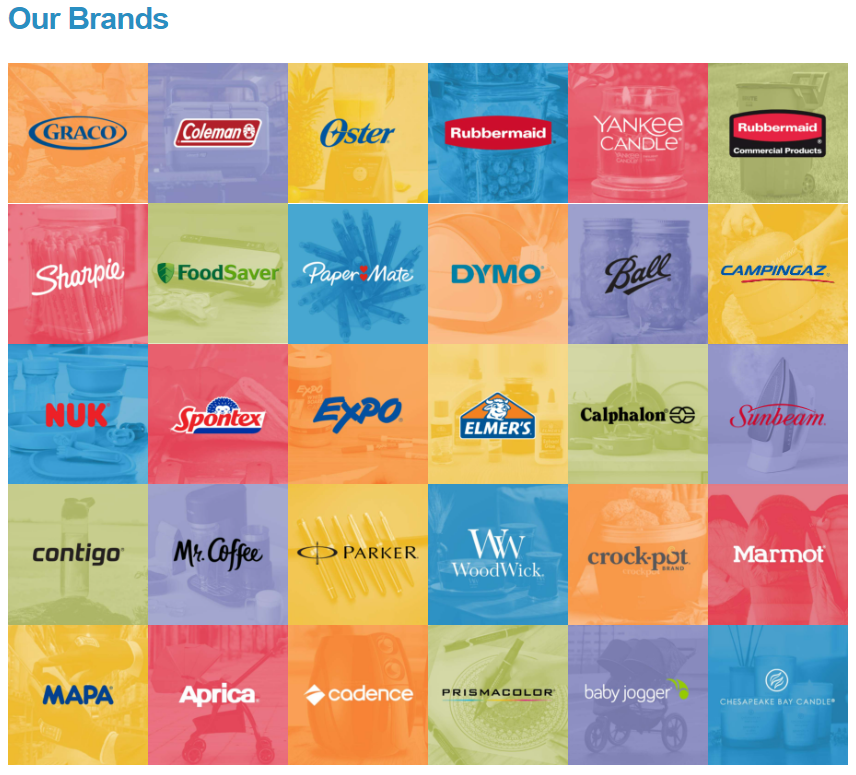
I mention this because it puts in context the type of connection I’m likely to get with customer service – something very prescribed, formal, and removed from the people who actually make and manage the products. In other words, probably not super helpful but worth a try nonetheless.
I sent a web-based customer service inquiry and asked if the glue or glue sticks were compostable. I received the following response:
“We understand you want to know if the Elmer’s Glue Stick is compostable. In line with your inquiry, we apologize, we are unable to confirm if it is compostable because our Elmer’s glues are not tested for compostability.”
I followed up and asked if they would share the ingredients so I could make my own decision. I correctly anticipated this response:
“We appreciate your interest in learning more about the composition of our glue sticks and will try to answer all of your questions. Please note that due to proprietary constraints, we are unable to provide the requested information.” I figured they wouldn’t share, and that’s fine, but it didn’t hurt to ask.
Not helpful. As expected.
What are glue and glue sticks made of?
Companies typically don’t share their specific ingredients for proprietary reasons, but we can get a general idea of what ingredients you’ll find in many simple school glue and glue stick formulations. According to Glue Things, the main ingredient in Elmer’s School Glue and Elmer’s Glue Sticks is polyvinyl acetate (PVA), a common and basic adhesive. Each product also has a supporting cast of character ingredients that include things like water, thickeners, preservatives, and titanium dioxide.
Are glue and glue stick ingredients compostable or biodegradable?
Polyvinyl acetate | This is where the question gets sticky.
According to Science Direct, PVA is a colorless, usually nontoxic thermoplastic adhesive prepared by the polymerization of vinyl acetate. It is one of the most widely used water-dispersed adhesives. PVA is a synthetic resin made up of a water-based emulsion of a widely used type of glue, referred to variously as wood glue, white glue, carpenter’s glue, school glue, or PVA glue.
PVA is a by-product of oil and natural gas. That doesn’t seem like a great starting point. But it’s a fairly simple chemical compound which means it can break down relatively easily (compared to other more complex plastic compounds) in natural environments.
There seems to be a consensus that PVA is biodegradable, meaning that it can break down in nature in a reasonable amount of time without leaving harmful chemicals in its wake. According to research from Biodegradability of Poly(vinyl acetate) and Related Polymers, “biodegradation is strongly dependent on the surrounding conditions that PVA encounters on being released into the environment.” The microorganisms that can break down PVA can be found all over the planet, including in places like backyard compost heaps.
Composting, on the other hand, generally means that when something breaks down, it not only isn’t bad but breaks down into something that can be a soil conditioner or amendment and benefit the soil.
In order to claim that a product is compostable, there must be certain definitions from the Federal Trade Commission’s “Green Guides.” In accordance with those guides, the Environmental Protection Agency says:
“In order for a plastic to be labeled as commercially “compostable” it must able to be broken down by biological treatment at a commercial or industrial composting facility. Composting utilizes microorganisms, heat, and humidity to yield carbon dioxide, water, inorganic compounds, and biomass that is similar in characteristic to the rest of the finished compost product.
Decomposition of the plastic must occur at a rate similar to the other elements of the material being composted (within 6 months) and leave no toxic residue that would adversely impact the ability of the finished compost to support plant growth.”
No sources seem to say that PVA is compostable.
Water | Yep! That’s an easy one. Water is an essential element of a thriving compost environment.
Thickeners | These thickeners are chemicals like methylcellulose or carboxymethyl cellulose. These are often made for food applications and derived from glucose (sugar) so they shouldn’t prevent the product from being compostable.
Preservatives | The preservatives used in glue are often those made for food or cosmetics like sodium benzoate and methylparaben, respectively. The jury is still out on how safe parabens are for human consumption and use, but they shouldn’t prevent the products from being compostable.
Titanium Dioxide | This is a chemical used to make products more bright white. It’s added to lots of products for aesthetic purposes, including many food products. This should not impair the ability of glue and glue sticks to be compostable.
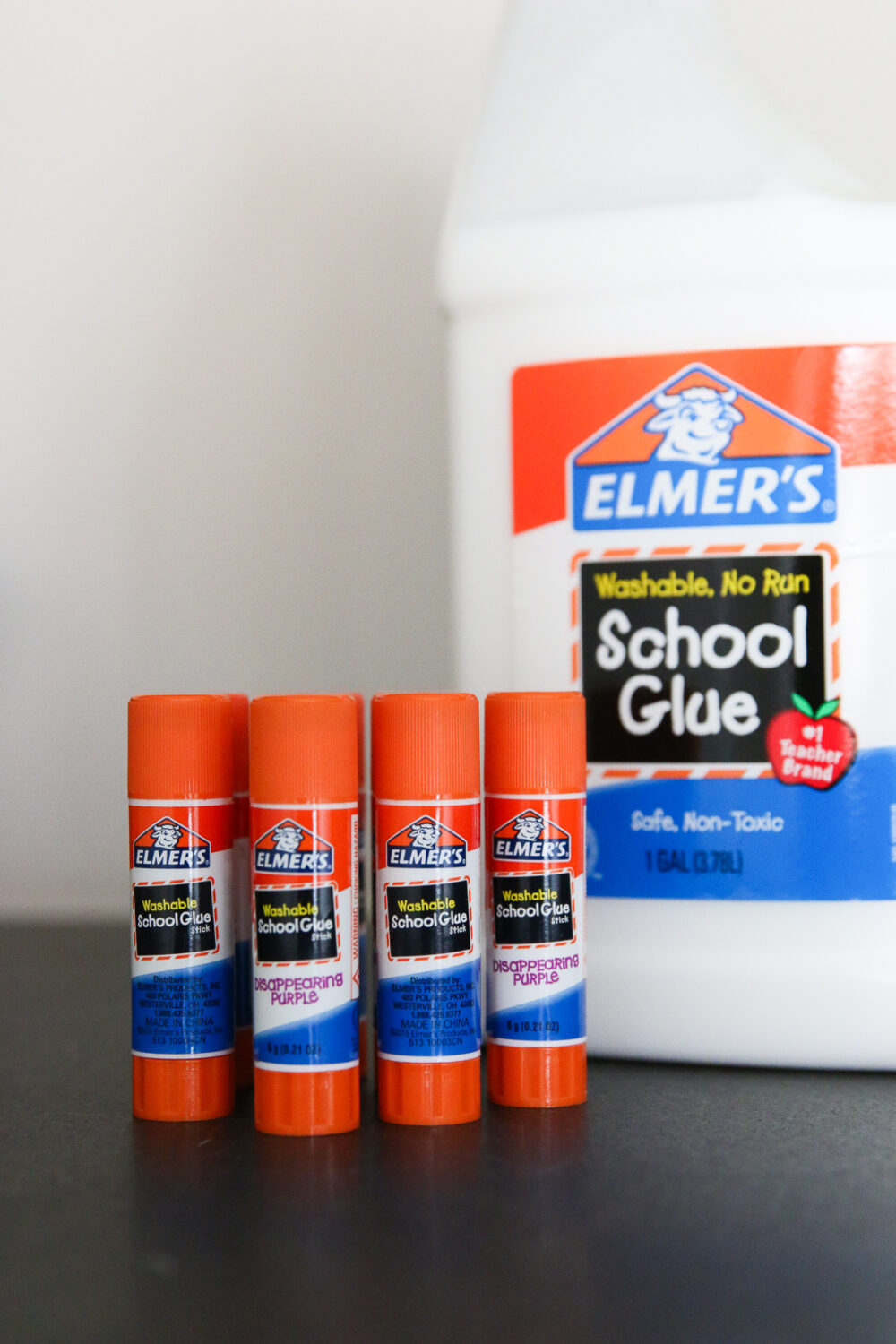
So are glue and glue sticks compostable?
First, let’s clarify that we are only talking about the product and not the packaging. The plastic bottles and tubes are not compostable. They may be recyclable depending on what is available in your area.
As for the sticky substance itself, it doesn’t appear to be compostable but it also doesn’t seem like a little bit of glue will harm your compost pile. Over time, the glue will biodegrade and won’t contaminate your compost. There are carbon compounds (i.e. polymers) all over our environments, including in our soil.
If I was ready to part with a project or item that was entirely compostable but for some Elmer’s glue, I would put it in my compost bin. I asked Jess Purcell, who has a formal education background in marine biology and was a high school chemistry teacher for many years the same question. She would add a bit of glue to her compost bin as well. She did qualify that she wouldn’t overload her compost bin with large amounts of glue relative to the volume of other organic material in the heap (and I agree).
I think the benefit of composting everything over putting it all in the trash is a win overall, and the PVA doesn’t seem to be a compost contaminant.
You should make your own decision about how to manage a compost bin at your home. And if you have a composting pick-up service, you can also ask their opinion about whether or not they accept basic glue in small doses. But adding a bit of basic school glue to your home compost pile probably isn’t going to be a problem.
Did I miss anything else? Do you compost otherwise compostable items with Elmer’s glue on it?
Want more information on what you can compost?
Check out our free Can I Compost This? downloadable cheat sheet!
If you like this post, you might also like:
Sustainable Christmas: DIY Compostable Wrapping Paper

Jen Panaro
Jen Panaro, founder and editor-in-chief of Honestly Modern, is a self-proclaimed composting nerd and advocate for sustainable living for modern families. To find her latest work, subscribe to her newsletter, Stepping Stones.
In her spare time, she’s a serial library book borrower, a messy gardener, and a mom of two boys who spends a lot of time in hockey rinks and on baseball fields.
You can find more of her work at Raising Global Kidizens, an online space to help parents and caregivers raise the next generation of responsible global citizens.

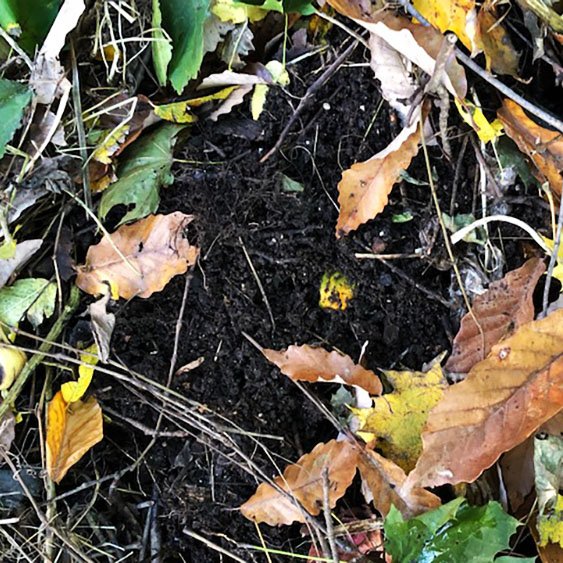
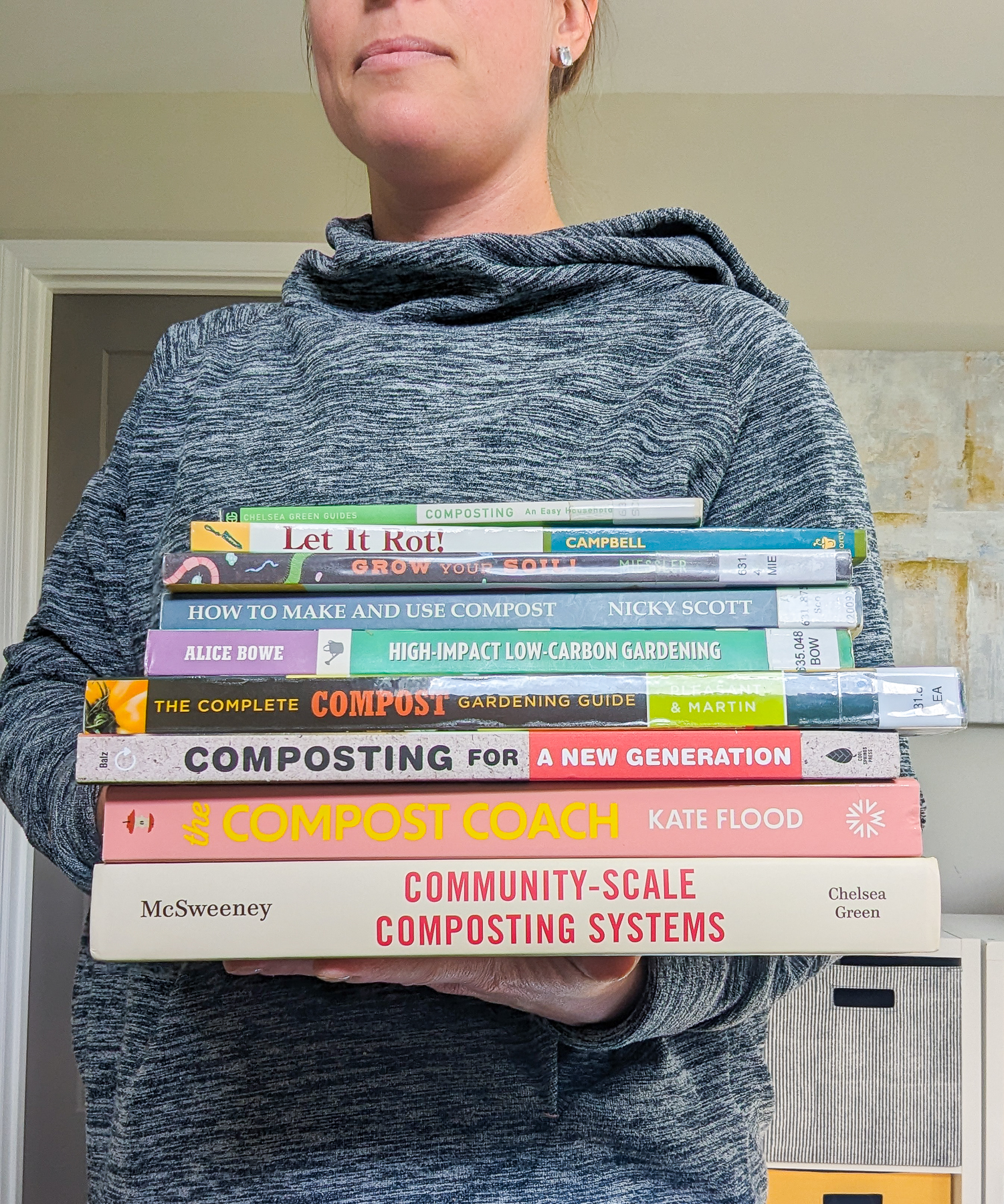
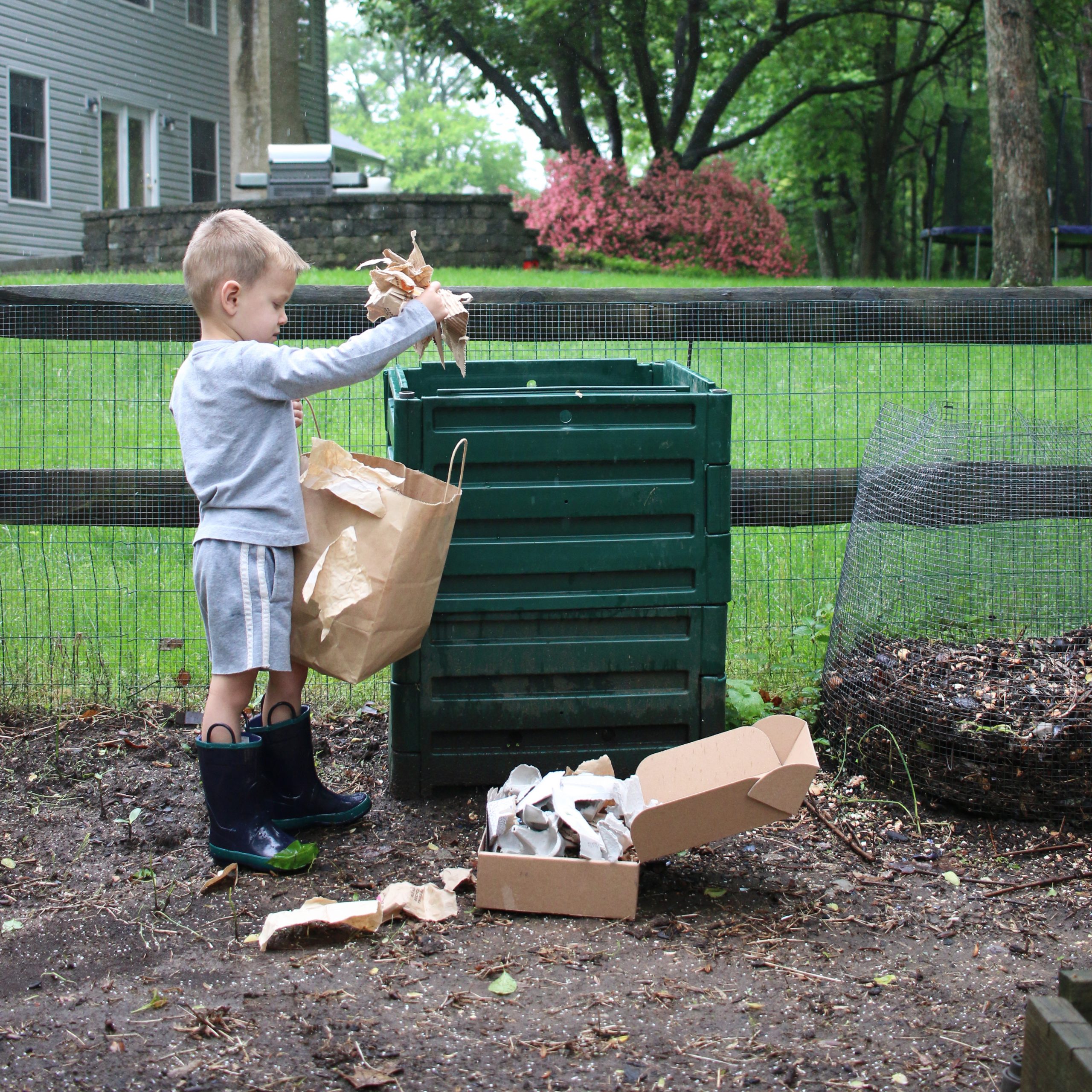
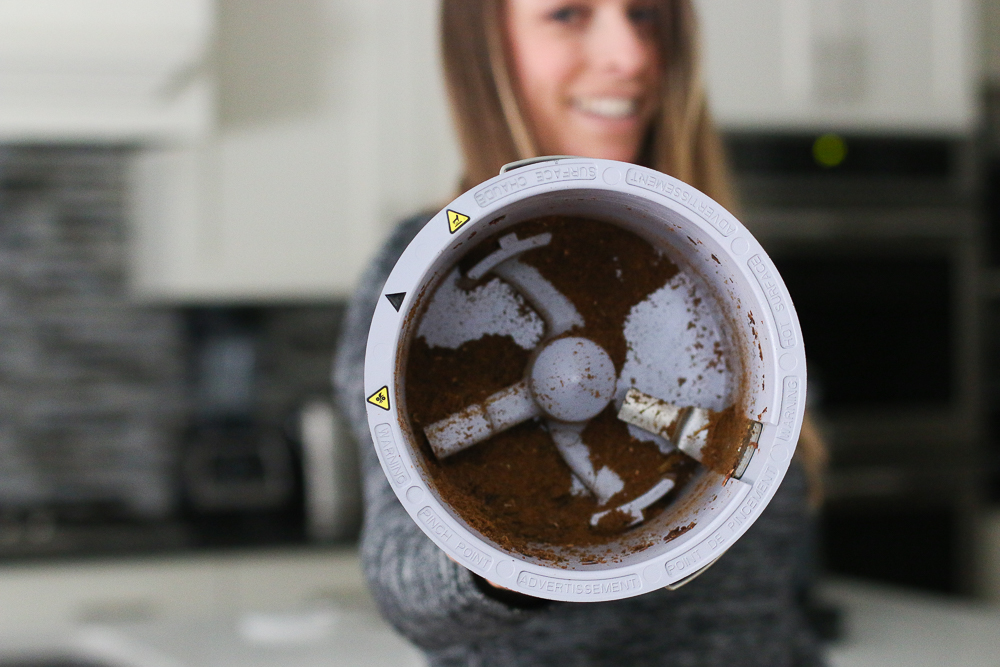
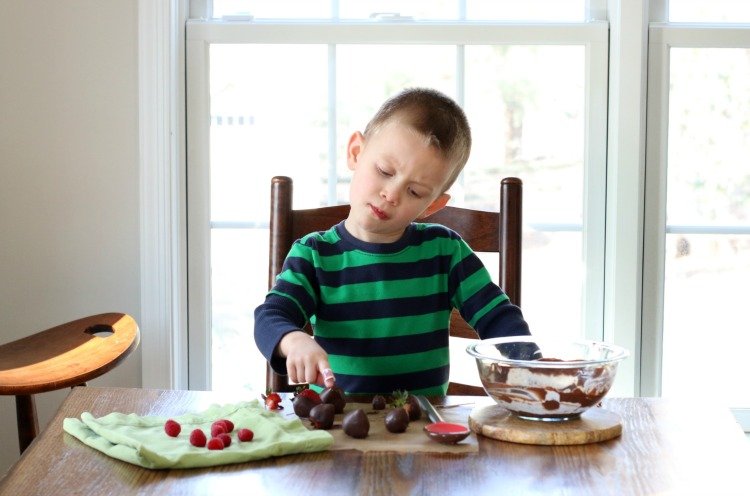
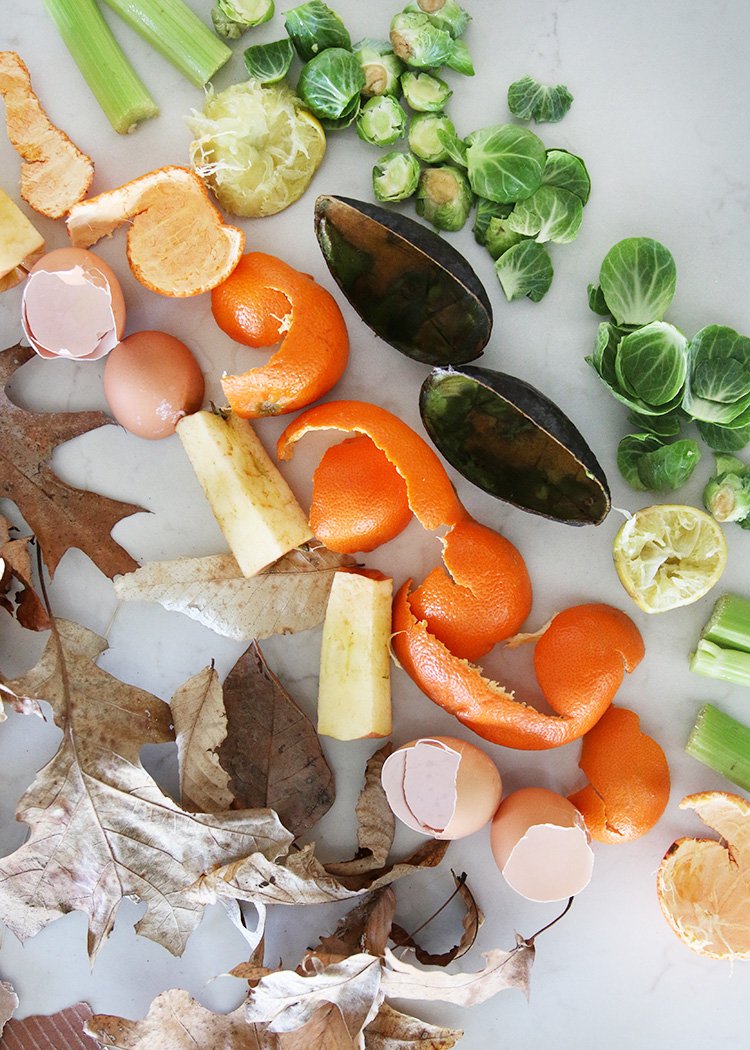

Just wanted to say how helpful, well-researched, and thorough I found this article to be! It was very impartial, included great quoted definitions, and overall, I found it a worthwhile read — even though I wasn’t actually curious if Elmer’s glue was compostable! With your work, you actually helped confirm for me that PVA is likely biodegradable and could be used in a clay project I am working on, without too much guilt 🙂
Thanks for putting this together and sharing your insights!
So glad this was helpful. 🙂